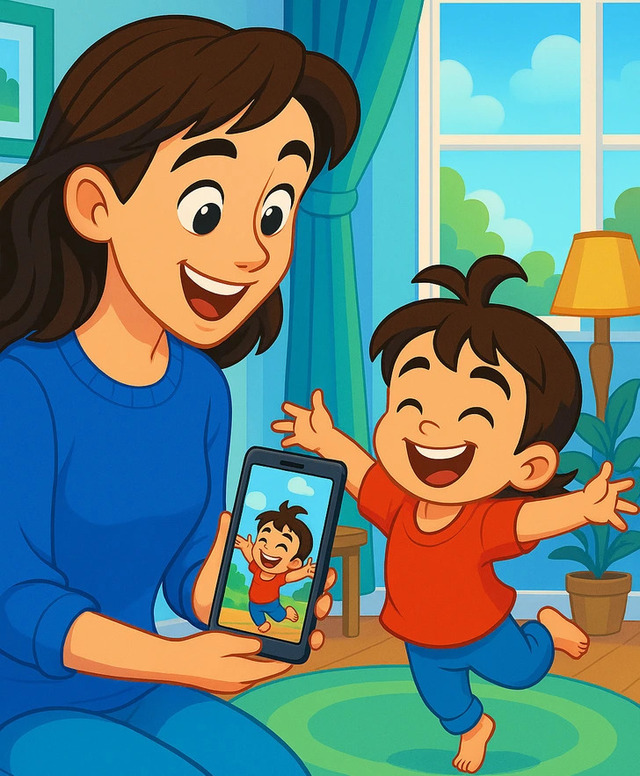Parenting has never been simple, but today it feels like an Olympic sport. With the rise of social media, advice comes at parents from every direction—Instagram posts, viral TikToks, parenting blogs, and “momfluencers” who seem to have it all figured out. The glossy images and catchy hashtags make it easy to believe that the newest parenting trend must be the right way to raise a child.
But as many child psychologists warn, trendy doesn’t always mean healthy. While some ideas start with good intentions, following every fad can leave parents and kids feeling stressed, guilty, or disconnected. The truth is, there is no perfect recipe for raising children—but there are patterns worth questioning.
Here are seven popular parenting trends that experts say may do more harm than good, and what to consider instead.
1. Sharenting: When Sharing Becomes Oversharing
Who doesn’t love posting their baby’s first steps or a hilarious toddler tantrum? But the practice of “sharenting”—constantly sharing your child’s life online—creates a digital footprint long before kids can consent to it.
Psychologists caution that what seems cute now could have long-term consequences. From embarrassing photos resurfacing in adolescence to safety risks tied to oversharing personal details, the habit can impact children in ways parents never intended.

👉 What to do instead: Share sparingly. Ask yourself, Would I want this online if it were me? Preserve special moments in private albums, or share milestones only with close family. Respecting your child’s privacy today sets a precedent for how they’ll value it tomorrow.
Ever wondered what growing up with strict parents really feels like? This video captures the unfiltered reality.
2. Gentle Parenting: Empathy Without Boundaries?
On paper, gentle parenting sounds wonderful: meet every meltdown with calm, validate every feeling, and avoid punishments. It’s a philosophy rooted in empathy and connection, and for many families it brings peace.
But real life isn’t always gentle. Parents get tired, toddlers throw cereal in the aisles, and not every conflict can be solved with a serene conversation. Experts warn that without boundaries, children may struggle to develop respect for limits or learn resilience when life doesn’t go their way.
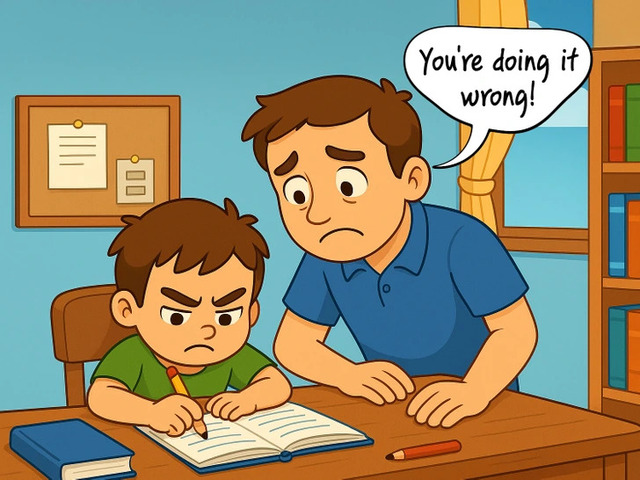
👉 What to do instead: Keep the empathy, but add structure. Be kind, yes, but also clear. Boundaries don’t erase love—they make children feel safe and give them a framework to thrive.
3. Helicopter Parenting: Love That Hovers Too Close
Every parent wants to protect their child. But there’s a difference between guiding and hovering. Helicopter parenting—swooping in at every challenge, fixing every problem—sends kids one subtle but damaging message: “You can’t handle this without me.”
The result? Children may become dependent, fearful of failure, and less confident in their own abilities. Psychologists emphasize that resilience is built through mistakes, not by avoiding them.
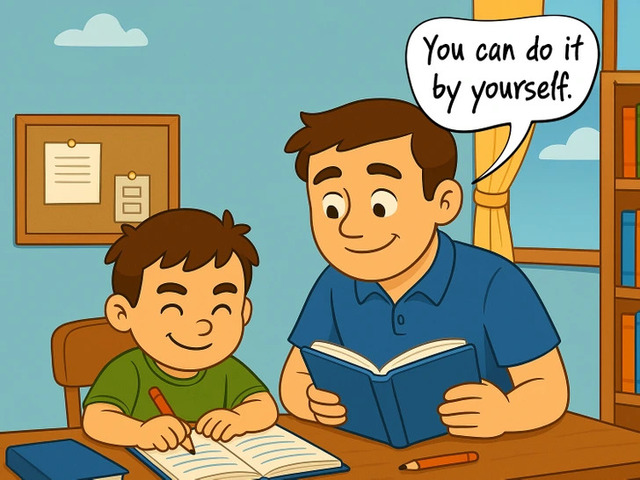
👉 What to do instead: Step back. Let your child stumble, fail, and recover. Be nearby for support, but don’t grab the wheel. Real growth happens when children learn they can handle things on their own.
From strict to gentle, each parenting style leaves a mark—watch this to see which one sounds most like you
4. Overscheduling: Childhood on a Stopwatch
From soccer practice to piano lessons to robotics club, many kids today live busier lives than their parents. While extracurriculars can be enriching, overscheduling can quietly drain joy from childhood. Kids lose the chance to play, explore, and simply be.
Studies show that unstructured downtime fosters creativity, problem-solving, and emotional well-being. In contrast, a life ruled by calendars and carpool schedules can lead to stress, burnout, and even anxiety.
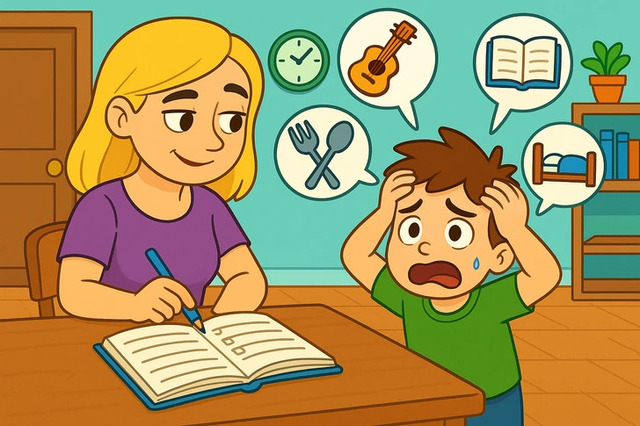
👉 What to do instead: Choose quality over quantity. Prioritize activities your child truly loves, and leave room for boredom—it’s often the birthplace of imagination.
5. Over-Praising: Compliments That Create Pressure
“You’re the smartest!” “You’re the best!” Compliments feel good, but when praise is constant and exaggerated, it can backfire. Instead of building confidence, it creates pressure. Kids may start to feel they must always be “the best,” and anything less feels like failure.
Experts recommend shifting the focus: praise effort, not outcome. A simple “I love how hard you worked on that project” encourages a growth mindset, teaching children that mistakes aren’t failures but steps toward improvement.
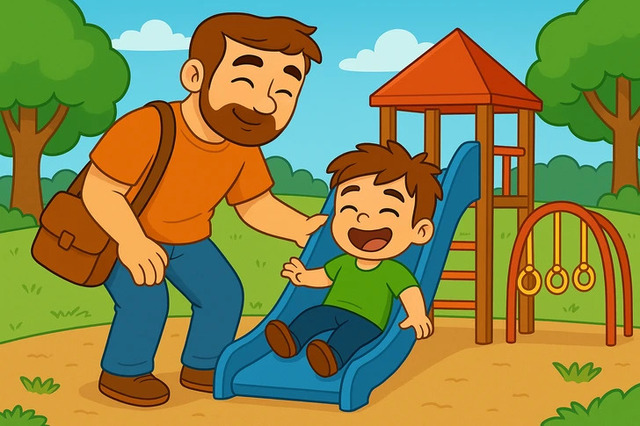
👉 What to do instead: Be specific, be genuine. Praise persistence, creativity, or kindness. These traits last far longer than being “the best.”
6. Screens as Rewards and Punishments: A Double-Edged Sword
It’s tempting to say, “Clean your room and you’ll get iPad time” or “Hit your brother and you lose screen privileges.”But tying behavior to screen time can make digital devices even more powerful in a child’s mind. Screens become the ultimate prize—or the ultimate punishment.
Over time, this dynamic can create unhealthy obsessions with technology while making other rewards—like reading a book or playing outside—seem less appealing.
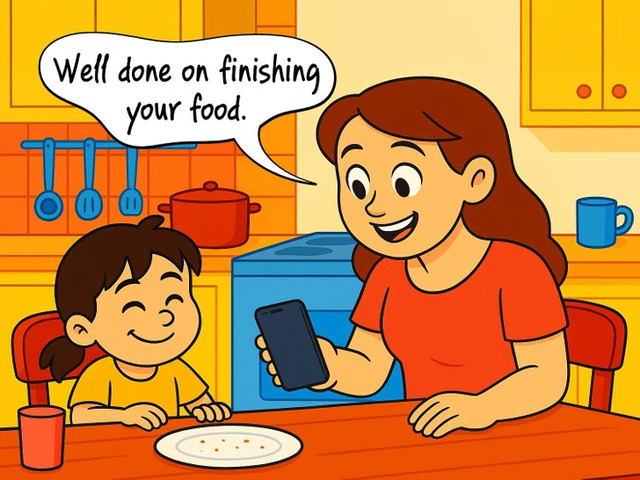
👉 What to do instead: Offer rewards that build connection rather than dependency. Try family bike rides, a board game night, or one-on-one time. These not only motivate but also strengthen relationships.
7. Lighthouse Parenting: Guiding Without Controlling
The metaphor is beautiful: the parent as a lighthouse, guiding from the shore while the child learns to sail. In practice, however, finding the balance between involvement and independence can be tricky. Too much distance feels like neglect; too much interference defeats the purpose.
Experts say lighthouse parenting works best when paired with clear communication and consistency. Each child is different, and knowing when to step in—or step back—requires both intuition and patience.
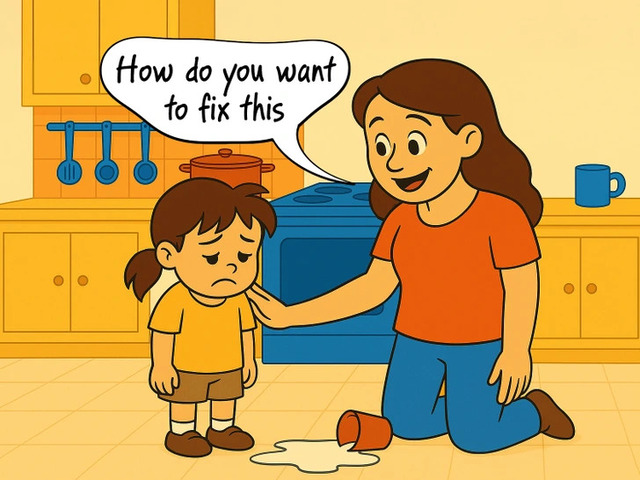
👉 What to do instead: Adapt. Be the lighthouse, but adjust the light for each child’s age and temperament. Guidance works when it feels steady, not confusing.
Strict rules may control behavior in the moment—but what do they build for the future? Watch this and see the hidden impact
Conclusion: Beyond Trends, Toward Connection
Parenting isn’t about keeping up with hashtags or competing with curated feeds. It’s about raising humans—messy, unique, imperfect humans—who need love, guidance, and room to grow.
Trendy parenting styles may come and go, but the fundamentals remain: safety, support, patience, and presence. You don’t have to master every new philosophy, and you certainly don’t have to be perfect.
The best parenting style is the one that works for your family—built on real connection, not internet perfection. So breathe, let go of the guilt, and trust that showing up with love matters more than any trend ever will.
